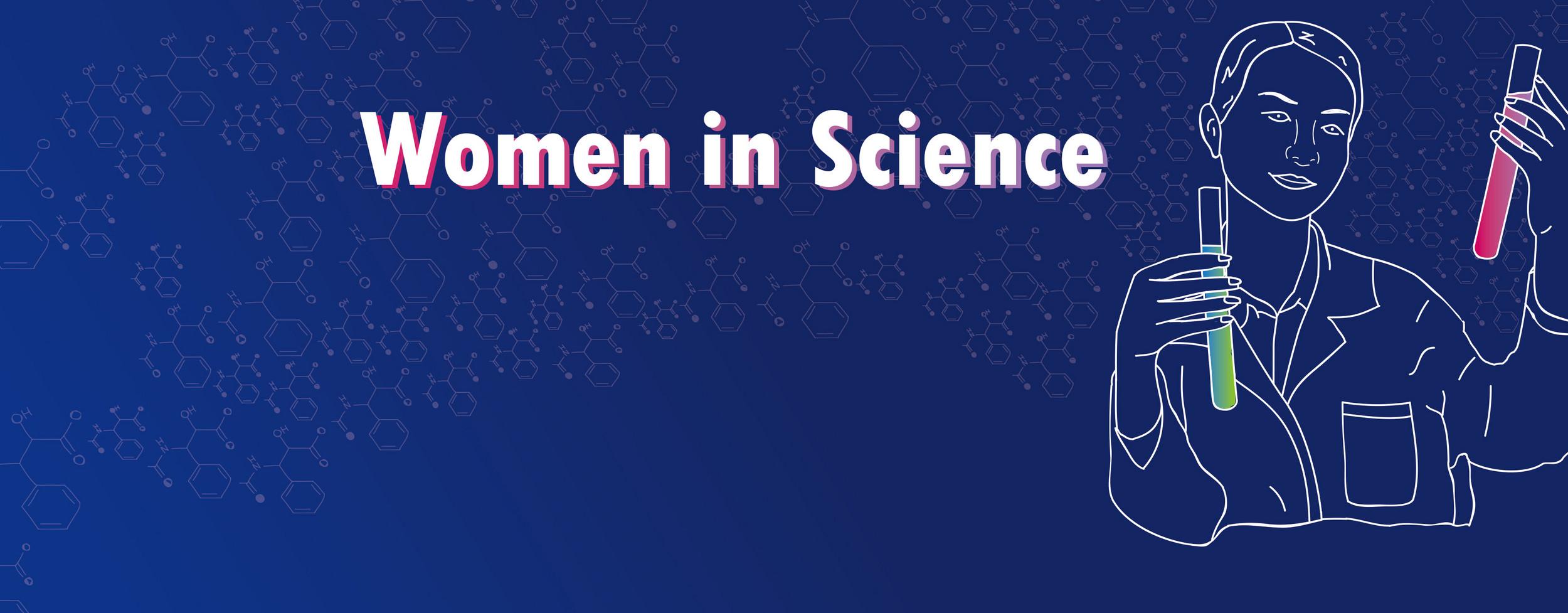
Women in Science: Cecile Lerondeau
When she was 15 years old, Cécile Lerondeau wanted to be a musician.
She practiced the piano for two hours a day at her home south of Paris. She is the third generation of her family to live there. Her parents and grandparents came from Vietnam, Poland and the Sarthe department in the West region of France.
But fate would take her in another direction.
Lerondeau’s father was involved in large mechanical structure resistance modeling for a public works building department outside of Paris. In fact, he contributed to the famous Viaduc de Millau, located near Millau in southern France. Her father was a big influence in her life.
“I learned a lot from him,” Cécile Lerondeau said.
Her other major influence was a teacher who shared his passion for instrumentation. He worked for the French Alternative Energies and Atomic Energy Commission, or CEA. The CEA is a key player in research, development, and innovation in defense and security, nuclear and renewable energies, technological research for industry, and fundamental research in the physical sciences and life sciences.
Her teacher built instruments by himself, with a monochromator from HORIBA Scientific and a laser to analyze biological samples, like DNA. He used techniques like time-of-flight-mass spectrometry and time-resolved fluorescence spectroscopy.
That influence helped fuel Lerondeau’s passion for the sciences.
Her post-secondary education included a Master’s in Instrumentation from the CEA and the University of Paris XI. She went on to earn a Magister in Physics and Chemistry from ENS Cachan, now known as The École Normale Supérieure Paris-Saclay; and the University of Paris XI.
Today, Lerondeau is a Research and Development Project Manager for HORIBA France in Palaiseau, also south of Paris. She is responsible for creating new products. That means taking an idea from its earliest stages, the proof of concept, until production transfer, when the protocol for manufacturing has been completed. She’s been working with different project teams to create several products in Reflectometry, Ellipsometry, Polarimetry, Surface Plasmon Resonance imaging, Raman Spectroscopy, and Process Control.
In the application field, the product manager analyzes the market to assess the customer needs.
“My first responsibility as project manager is to fit this commercial definition, to analyze technically the request (book of specifications), to know what is feasible with the human and material resources available, and to build a plan, with my own expertise, along with other technical experts, in the fields of applications, electronics, software, optics, and so forth.”
Communication is half of Lerondeau ‘s responsibilities.
“My mission is not only to ensure the performance of the final product, but to communicate with management, other services, including industrialization, the product manager, quality, production, maintenance, and purchase departments to optimize the development process, and spend a minimum amount of money to achieve the target.”
Her most complex and interesting project took place over the last seven years at HORIBA Palaiseau. The project was in Surface Plasmon Resonance imaging (SPRi). Her job was to develop an instrument for biological molecular interaction analysis. The instrument is used in the biotechnology industry, for example, in antibody production; and medical diagnostics, like Alzheimers.
She worked with a team that built an industrial instrument with a patented fluidic auto-sampler, able to inject hundreds of samples automatically for analysis in a biosensor.
This was a challenge, with many fields of expertise and innovation needed in robotics microfluidics, thermics, chemical inert coatings, materials, contamination, ergonomy, preventive maintenance and manufacturing.
The instrument, called the XelPleX, is a high-performance and fully automated instrument for the analysis of label-free biomolecular interactions in a multiplex format. Several were installed at separate sites for market study. The reference center is in Palaiseau. It will help HORIBA in its understanding in life science and to better fit future customer needs.
When Lerondeau isn’t creating life changing instrumentation, she likes to spend time with her family. That includes hiking, running, travel, and working in her vegetable garden.
Lerondeau never faced any gender bias as she moved through her education and professional career, an experience she attributes to the good fortune of meeting the right people.
She believes young girls interested in the sciences should study every scientific topic with passion, and be curious of innovative solutions.
“It gives you energy for every project,” she said. “If a project doesn’t work, continue, improve. You will do better on the next try.”
Lerondeau measures success by the increase in the knowledge she obtains and in maintaining good communications with the project team. She is satisfied when people working with her are motivated, feel happy, and know that their job is useful.
“There aren’t any small topics,” she said. “Every topic is important, and every contribution is, too. Everyone must be considered and heard.”
Do you have any questions or requests? Use this form to contact our specialists.